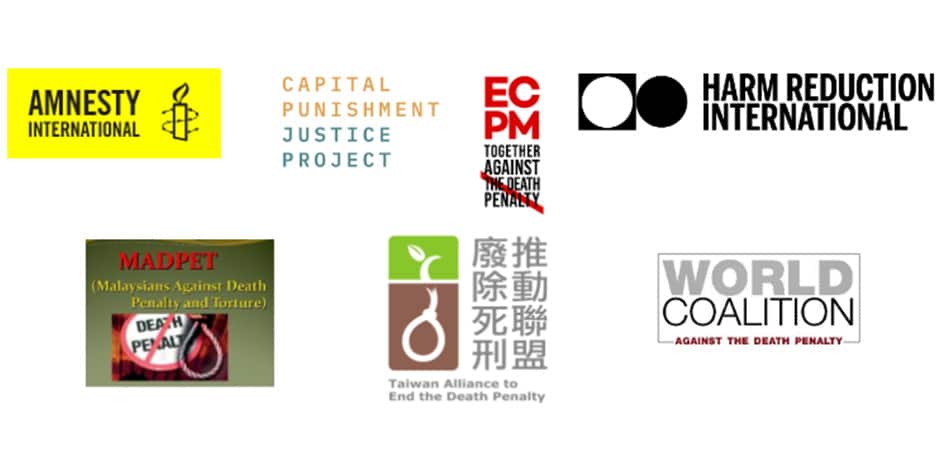Four Japanese executed in China
Four Japanese nationals found guilty of drug smuggling were executed in China in recent days. Teruo Takeda, 67, Hironori Ukai, 48, and Katsuo Mori, 67, were put to death on April 8. On April 6, China had executed Mitsunobu Akano, 65.
After British national Akmal Shaikh was executed on December 29, 2009 amid international outcry, Japanese citizens are the new victims of the Chinese authorities’ tough stance on drug trafficking.
Maiko Tagusari (photo), the secretary general of World Coalition member organisation Center for Prisoners’ Rights Japan (CPR), stated that China’s policy violates international legal provisions that reserve the death penalty for the most horrible crimes.
“There is no room to interpret that drug-related offences are regarded as ‘the most serious crimes’ under Article 6, paragraph 2 of the International Covenant on Civil and Political Rights,” she wrote.
She added that Akano did not have a fair trial.
“No decisive attitude”
“Center for Prisoners’ Rights Japan strongly denounces this premeditated murder by the Chinese government. At the same time we condemn the Japanese government, which took no decisive attitude against the imminent execution of its own citizen, despite the Deputy Prime Minister’s visit to China earlier this month,” Tagusari further wrote.
CPR regretted that although Japanese Foreign Minister Katsuya Okada expressed concern over how the executions will impact public sentiment, the government made no specific demands to stop the scheduled execution.
On April 8, Japanese Prime Minister Yukio Hatoyama called Akano’s case “regrettable”, but said he hoped relations with China would not be affected, according to media reports.
In contrast, Japan’s justice minister Keiko Chiba, an abolitionist who has blocked executions in her country since she was appointed, said: “I am concerned about relations between Japan and China when I think of the uncomfortable feeling or reaction felt by a majority of the Japanese people … I wish China had thought about this point more.”
Japan itself has been criticized for its heavy use of the death penalty in recent years. However, the new government that came to power in November 2009 is seen as more open to the idea of a moratorium and eventual abolition.







